Women
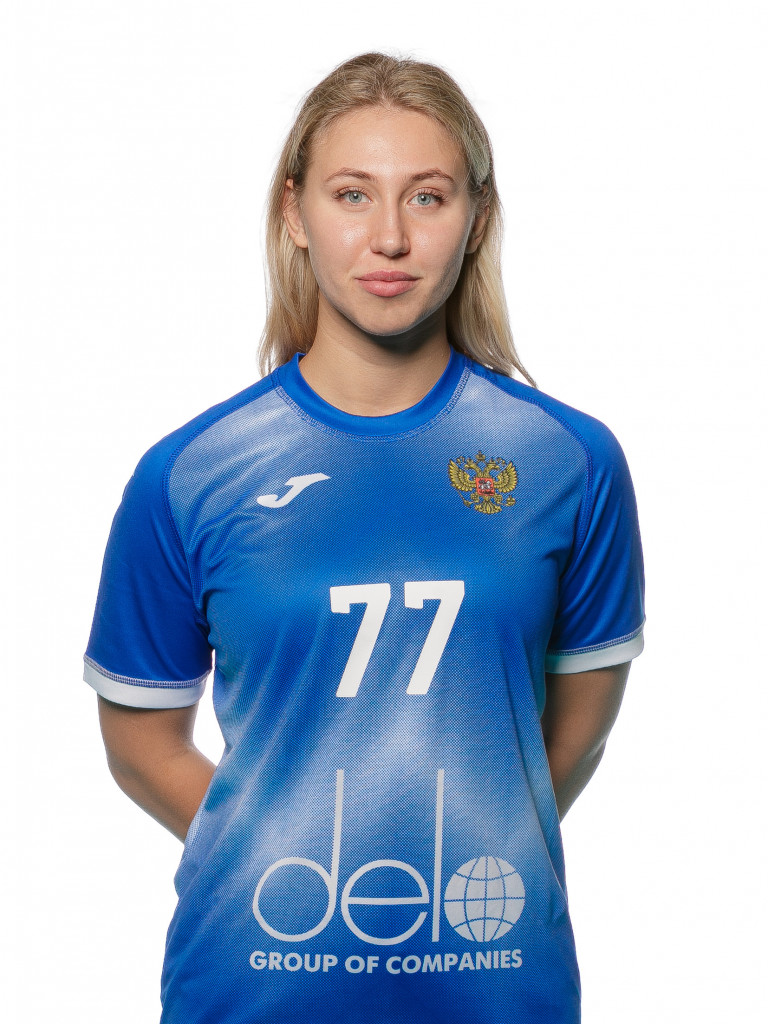
Yaroslava FROLOVA
Profile
Country
Russia
Date of Birth
18 May 1997
Place of Birth
Age
24
Height
177 cm
Weight
76 kg

Rostov-Don
RUS
González Romero DiannysRegla
Profile
Country
Cuba
Date of Birth
19 September 1998
Place of Birth
Age
21
Height
179 cm
Weight
78 kg

Matanzas
CUB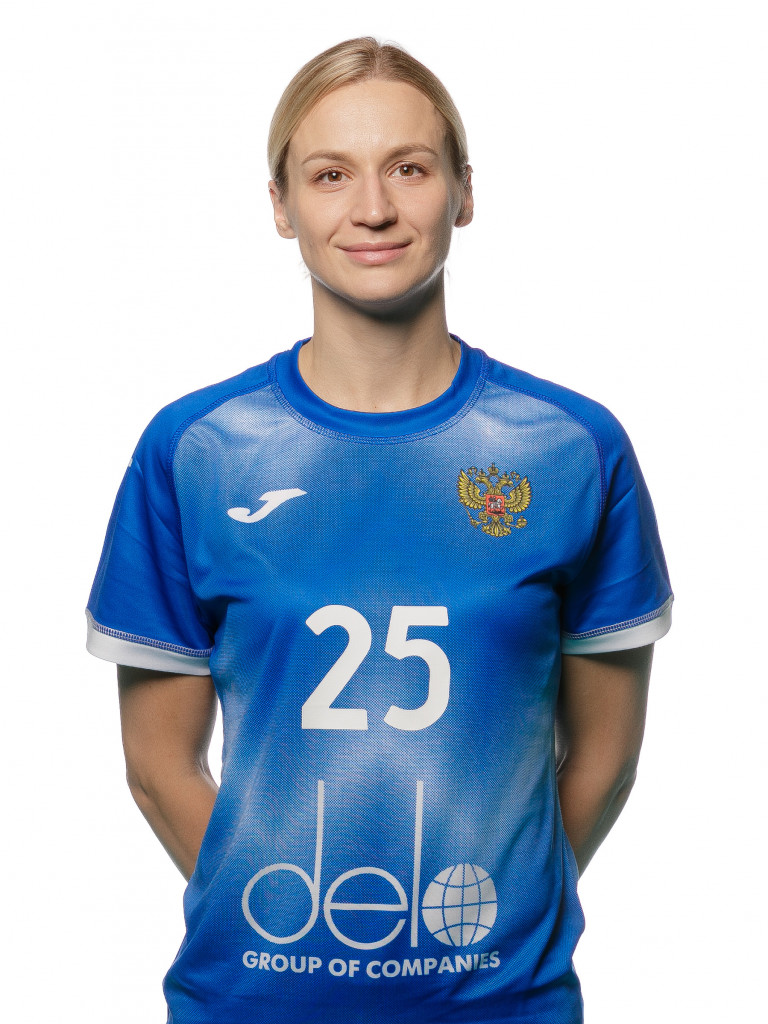
Olga FOMINA
Profile
Country
Russia
Date of Birth
17 April 1989
Place of Birth
Age
32
Height
175 cm
Weight
69 kg

LADA
RUS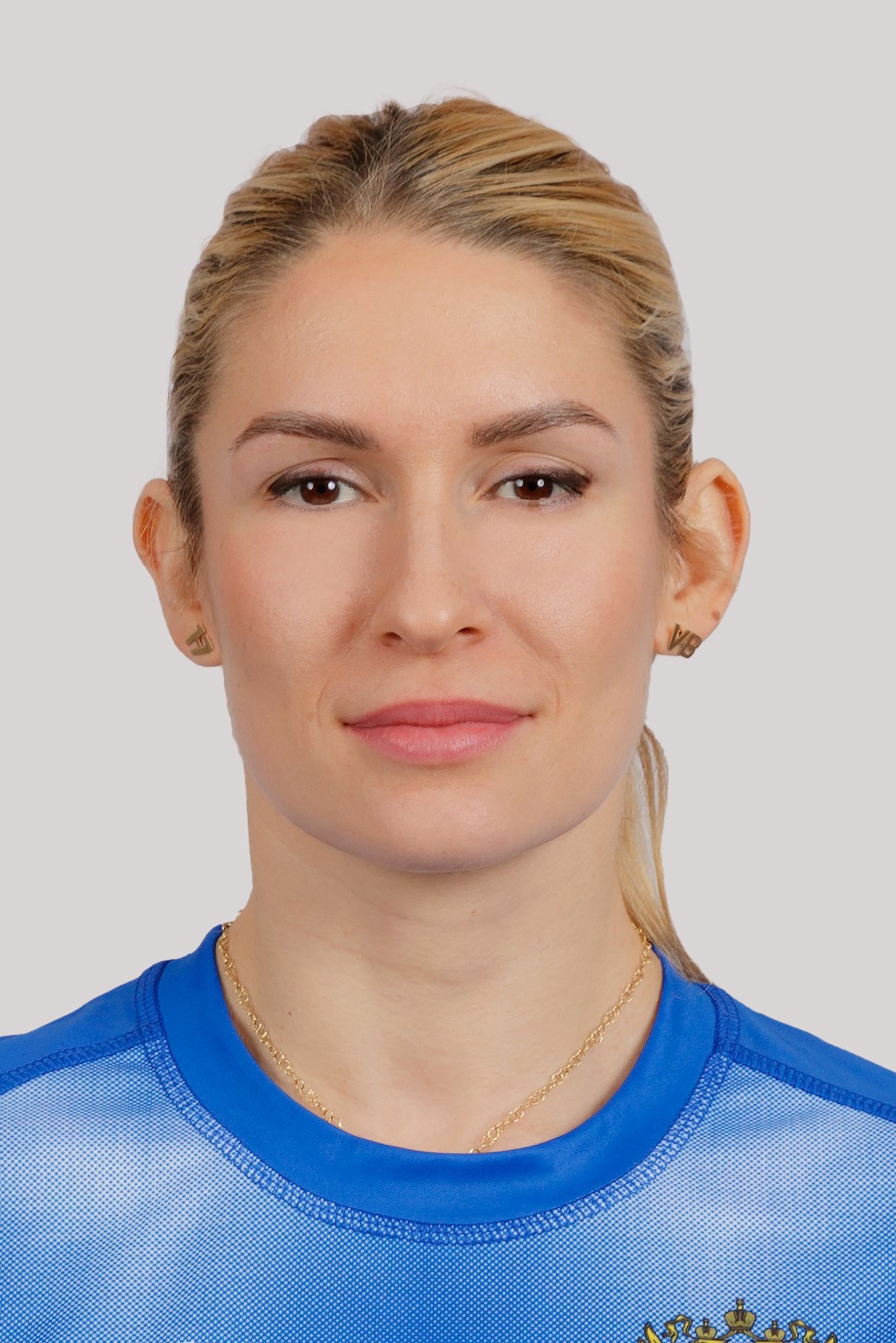
Vladlena BOBROVNIKOVA
Profile
Country
Russia
Date of Birth
24 October 1987
Place of Birth
Age
33
Height
180 cm
Weight
72 kg

Rostov-Don
RUS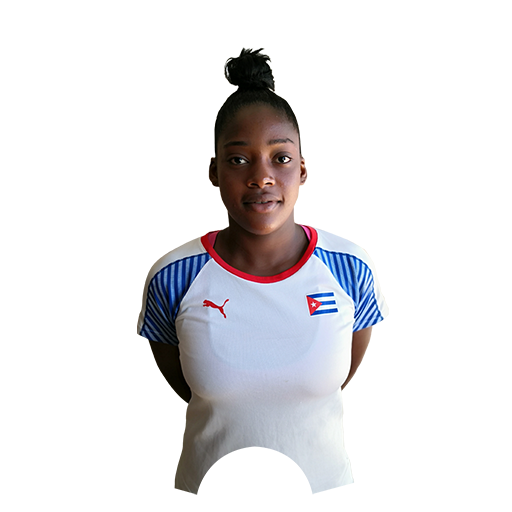
Rodríguez Celaya Nahomisde la Caridad
Profile
Country
Cuba
Date of Birth
09 March 2000
Place of Birth
Age
Height
167 cm
Weight
67 kg

La Habana
CUB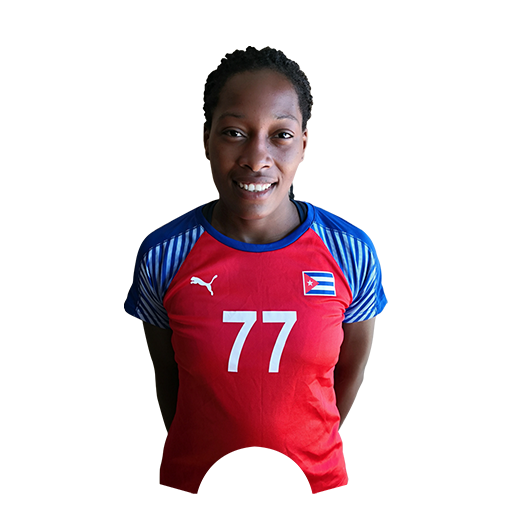
Leal Armenteros Rosa de la Caridad
Profile
Country
Cuba
Date of Birth
26 December 1996
Place of Birth
Age
22
Height
177 cm
Weight
75 kg

La Habana
CUB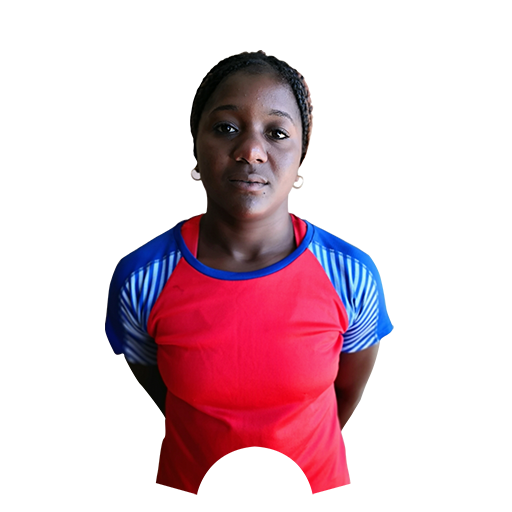
Yarumy CÉSPEDES CHIRINO
Profile
Country
Cuba
Date of Birth
02 January 1996
Place of Birth
Age
26
Height
170 cm
Weight
68 kg

Club Adesal La Fuensanta
ESP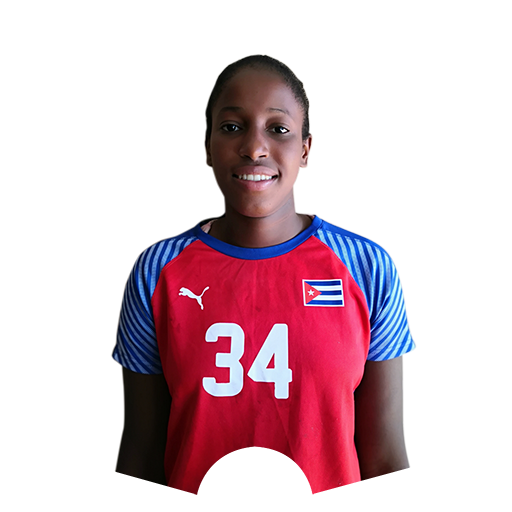
Jennifer TOLEDO ABREU
Profile
Country
Cuba
Date of Birth
01 October 2000
Place of Birth
Age
24
Height
182 cm
Weight
74 kg

KHF Samadrexha
KOS
Márquez Jabique NAHOMI
Profile
Country
Cuba
Date of Birth
20 September 2000
Place of Birth
Age
24
Height
183 cm
Weight
77 kg

Cb Zonzamas
ESP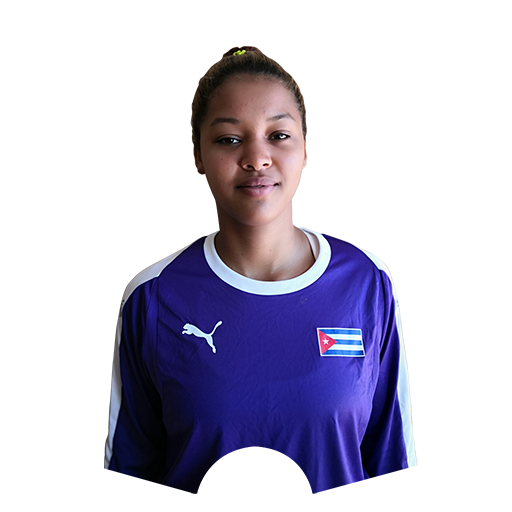
Herranz Reyes Danielys
Profile
Country
Cuba
Date of Birth
26 January 1999
Place of Birth
Age
20
Height
176 cm
Weight
61 kg


